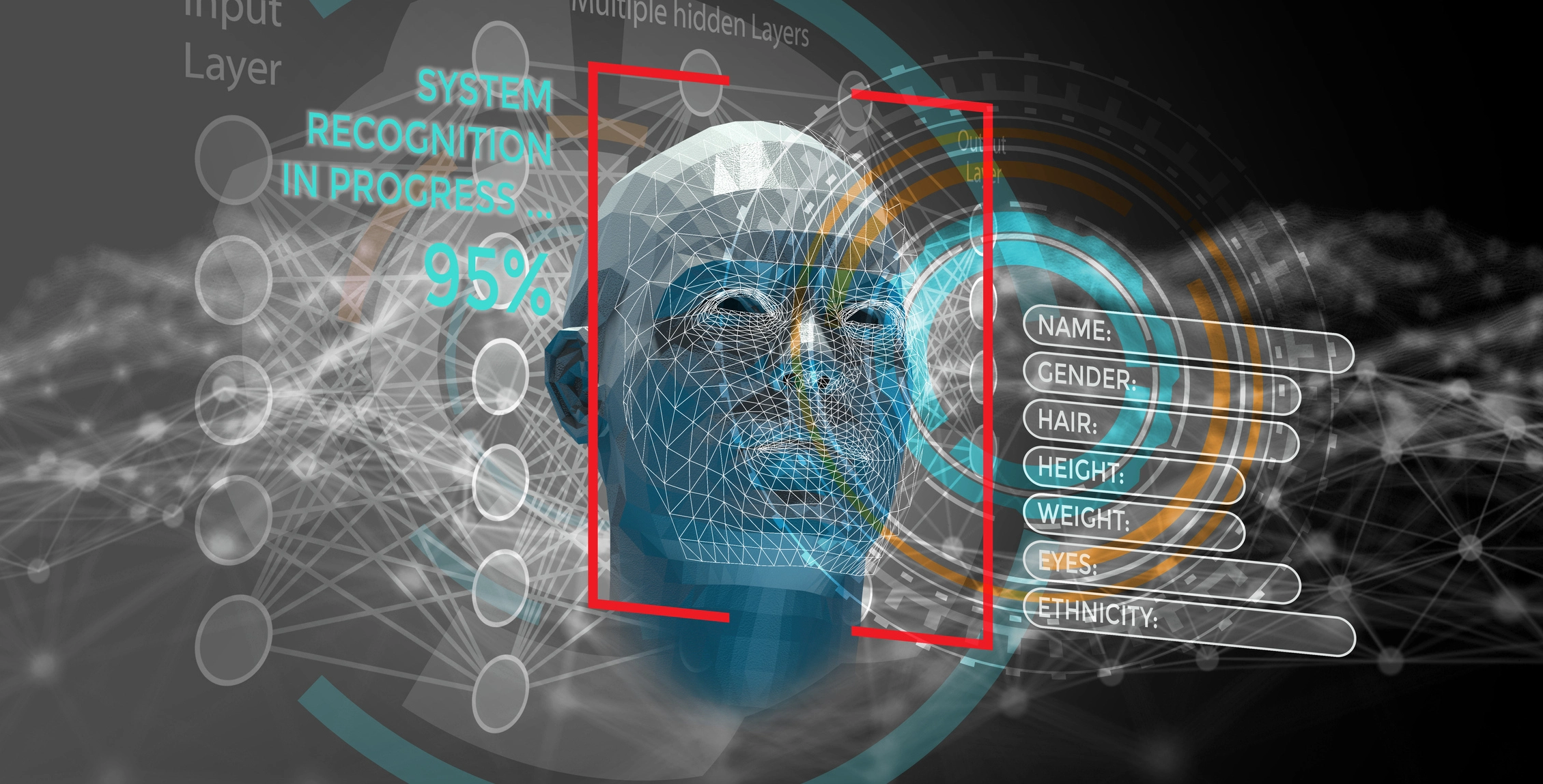Introduction
Machine learning is a rapidly developing field with the potential to revolutionize many aspects of our lives. From healthcare to transportation to finance, machine learning is being used to create new products and services that are more efficient, effective, and personalized than ever before.
However, with this progress comes a new set of ethical challenges. As machine learning systems become more powerful, they also become more opaque. This means that it can be difficult to understand how these systems work and how they make decisions. This lack of transparency can lead to concerns about bias, discrimination, and privacy.
In this essay, I will explore the ethical challenges of machine learning and discuss how we can balance progress with responsibility. I will argue that we need to develop new ethical frameworks for machine learning that are based on transparency, accountability, and fairness.
The Ethical Challenges of Machine Learning
There are a number of ethical challenges associated with machine learning. Some of the most pressing challenges include:
Bias: Machine learning systems are trained on data, and if this data is biased, the system will be biased as well. This can lead to discrimination against certain groups of people. For example, a facial recognition system that is trained on a dataset of mostly white faces may be more likely to misidentify black faces.
Privacy: Machine learning systems often collect and use large amounts of personal data. This data can be used to track people’s movements, habits, and preferences. This raises concerns about privacy and the potential for abuse.
Accountability: It can be difficult to hold machine learning systems accountable for their actions. This is because these systems are often complex and opaque. It can be difficult to understand how they make decisions, and it can be even more difficult to prove that they have made a mistake.
Fairness: Machine learning systems should be fair and impartial. However, it can be difficult to ensure that these systems are fair. This is because fairness can be difficult to define, and it can be difficult to measure.
Balancing Progress with Responsibility
The ethical challenges of machine learning are complex and there are no easy solutions. However, there are a number of steps that we can take to balance progress with responsibility.
- Transparency: We need to make machine learning systems more transparent. This means making it easier for people to understand how these systems work and how they make decisions. We can do this by providing detailed documentation, creating visualizations, and allowing people to audit the data used to train these systems.
- Accountability: We need to hold machine learning systems accountable for their actions. This means developing clear standards for accountability and creating mechanisms for holding these systems accountable when they make mistakes. We can do this by establishing clear rules for data collection and use, creating independent oversight bodies, and developing systems for reporting and investigating errors.
- Fairness: We need to ensure that machine learning systems are fair and impartial. This means developing clear definitions of fairness and developing metrics for measuring fairness. We can do this by conducting fairness audits, developing fair algorithms, and using fair evaluation metrics.
Conclusion
The ethical challenges of machine learning are complex and there are no easy solutions. However, by taking the steps outlined above, we can balance progress with responsibility and ensure that machine learning is used for good.
In addition to the steps outlined above, it is also important to educate the public about the ethical challenges of machine learning. This will help to build trust and create a more informed public discourse about this important technology.





